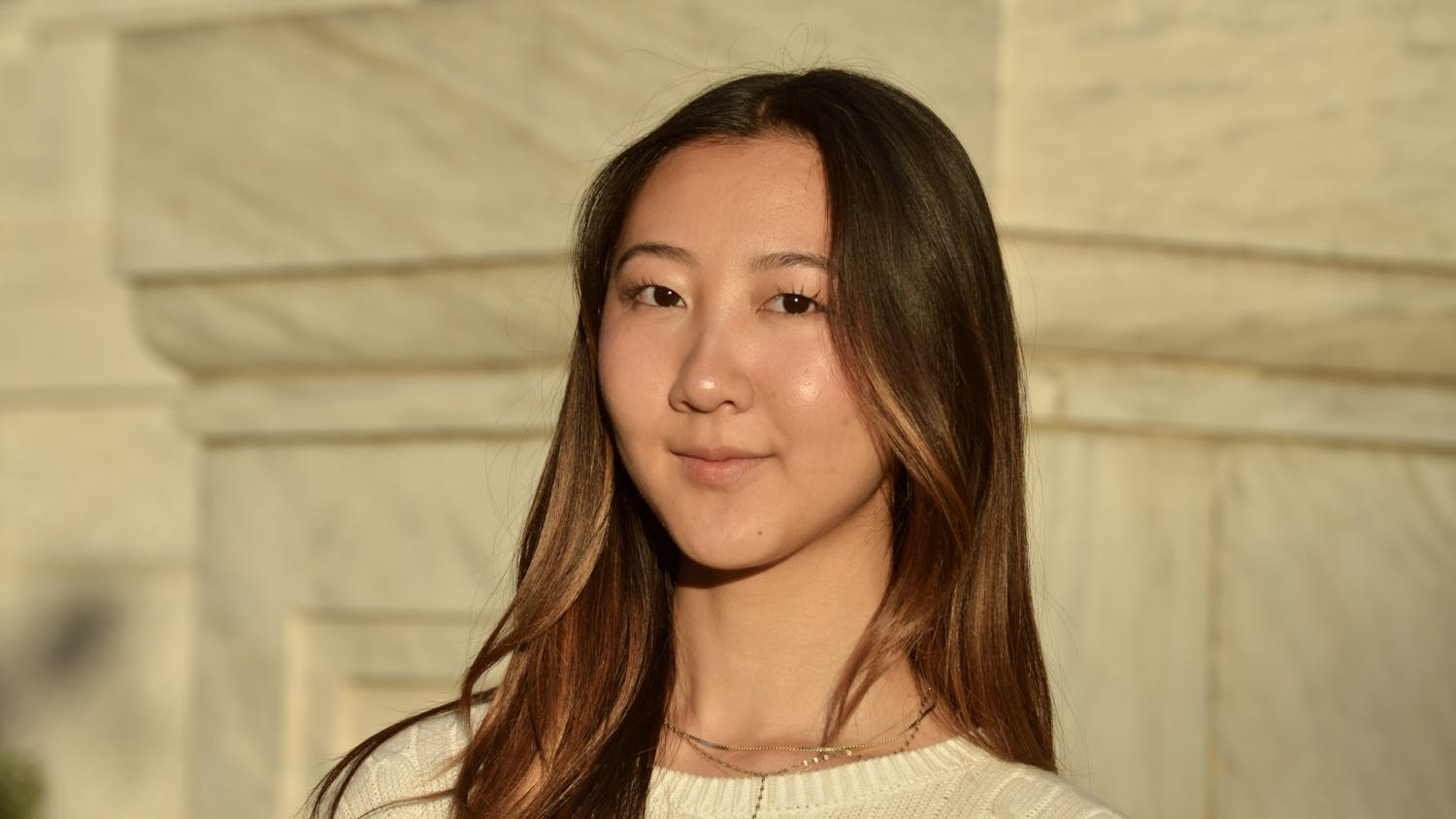With March Madness hysteria conducting its annual sweep throughout the United States, it seems a suitable time to discuss gambling. Americans love to gamble. We spend hundreds of billions of dollars on gambling annually, from the lottery to horse racing to poker. With the passage of the SAFE Port Act last year, however, online gambling became illegal in the land of the free. While there are serious consequences to compulsive gambling, online gambling is not inherently wrong; as such, it should not be curtailed.
Five years ago, who would have thought that ESPN would be showing the World Series of Poker? Even crazier, who would have thought that millions of people would watch it? With the fairly recent emergence of online casinos and the sudden spike in popularity in Texas Hold 'Em (a variation of poker), a new generation - ours - was introduced to gambling. No longer is gambling limited to those who live near Vegas or Atlantic City, or to those who saunter over to the local horse races.
However, many people started to complain about this. Children, they worried, could "easily" log on to these online gambling sites and become addicted to a potentially destructive behavior. As a result, Congress stepped in and attached an anti online-gambling provision to the SAFE Port Act.
Trying to stop online gambling is futile, and our own government has admitted as such. The Department of Justice has admitted that it "can't do anything about it," citing difficulties with policing the Internet and the complicated international status of the practice. After all, many countries have legalized online gambling, so unless there is an international provision against the practice, we are essentially powerless to stop it. In today's Internet-driven world, online gambling providers can simply go to, say, Costa Rica, set up shop there, and still offer their services to eager American customers. Unless the government goes "1984" on us and starts monitoring our visits to Pokerstars or blocking Paypal from sending our money to our favorite online casino, it is hopeless for the government to crack down on people who bet online.
Part of the problem with a government banning a popular activity is that by driving it underground, you not only fail to stop it but you also lose any way to monitor it. Making online gambling illegal will simply make it susceptible to fraud. Customers could be swindled or providers could be gypped, but they have no legal recourse. By making online gambling legal, it legitimizes the practice, making it safer for all involved.
While compulsive gambling is certainly a serious concern, it is also not a sufficient enough reason to forbid online gambling. Millions of people gamble annually, from your compulsive slots players to your grandma who buys a $2 scratch ticket once a week. So why crack down on online providers? Opponents of online gambling cite concerns that minors could present themselves as adults and become addicted. Who cares? We hold individual institutions responsible for the actions of our children; we don't forbid entire activities simply because children could illegally participate in them. For example, we have laws against smoking under the age of 18. We don't ban stores from selling cigarettes, simply because minors could buy them. We do, however, ensure that there are adequate safeguards to keep minors from buying them. Ultimately, it falls on the parents, not society or laws, to keep their children from becoming little Bret Mavericks.
Our government's track record at outlawing vices (drinking, for example) is abysmal. As long as there is an audience for online gambling, customers and providers will find ways around the law. The sooner Congress and the rest of America realizes this, the better off we'll all be. Until then, though, gamble online with your roommate's account.
Caleb Enerson is a sophomore in the School of Public Affairs
and a conservative columnist for The Eagle.




